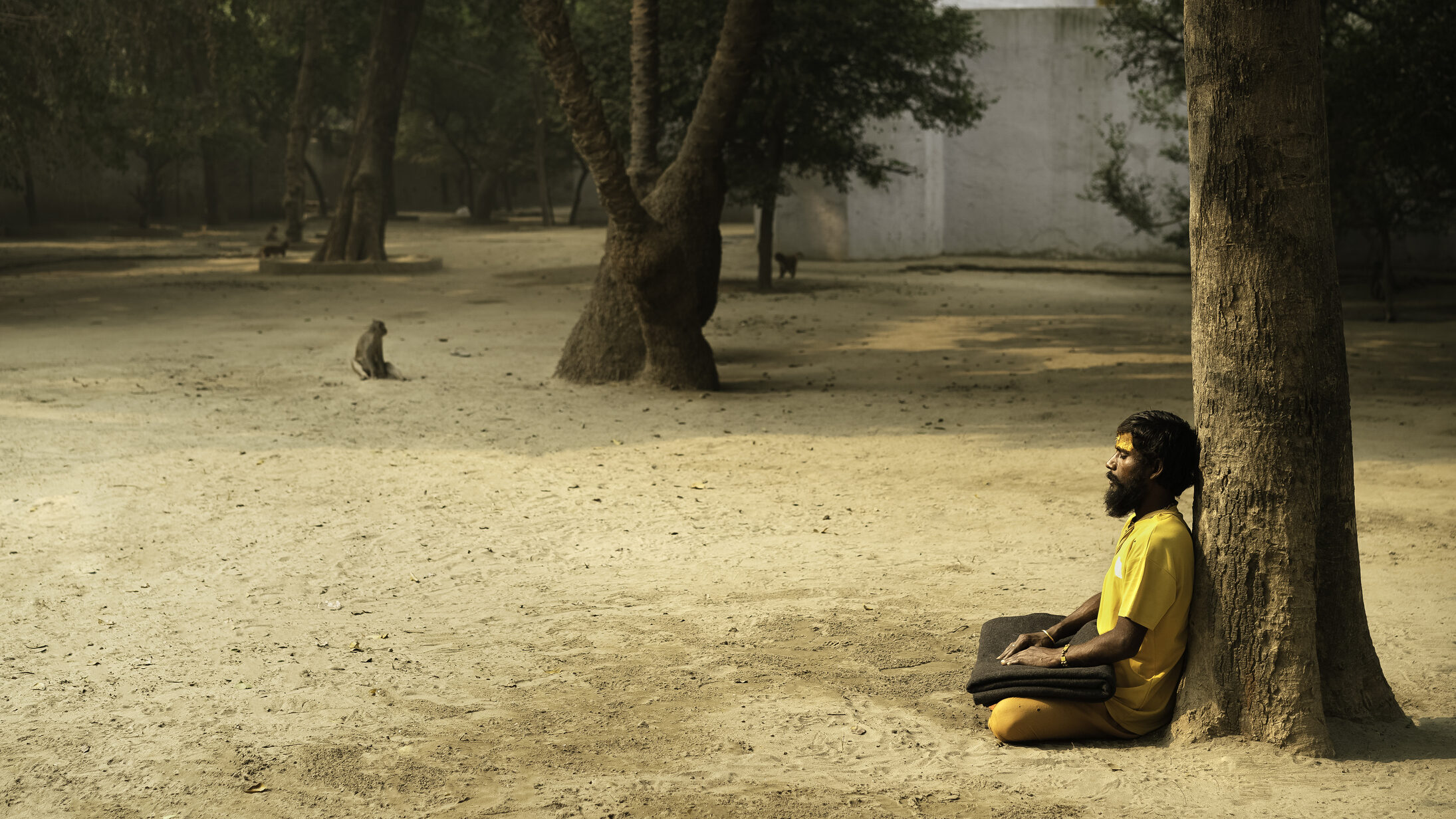
To be alive is to navigate a million thoughts, feelings and sensations. To live is to awaken to consciousness in medias res, cast into existence with no understanding of how we got here, or where we are to go. We do not live, we discover ourselves as living.
What is living? What is alive? In the Bhakti tradition, a living being is called a jīva, a ‘living entity’. The word ‘jīva’ says not one, but two things. We are, and we are alive. What is the difference between being and being alive?
Spiritual practice means following a path from moment to moment, from step to step, from experience to experience, from breath to breath. Every instant presents us with a crossroad, a choice, an intention. Where is my head? Where is my heart? What are my intentions? What are my circumstances?
Continue reading





